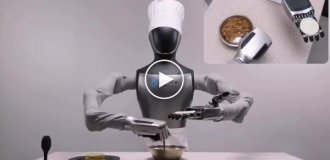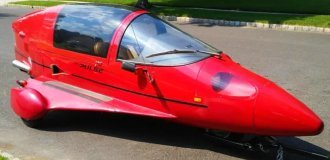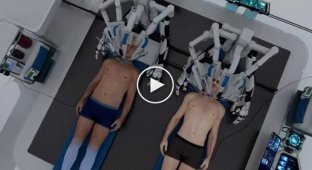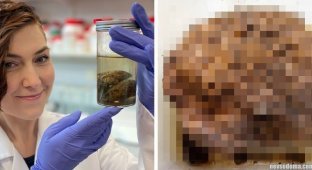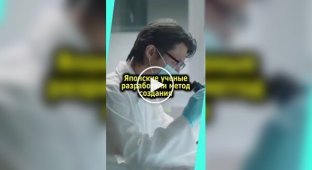Born for the needs of others: scientists want to grow unconscious bodies for donor organs (3 photos)
The idea of growing artificial body parts and organs is not new and is used in many areas of medicine. However, scientists have recently announced their desire to advance this field by growing entire humanoid bodies without a brain. 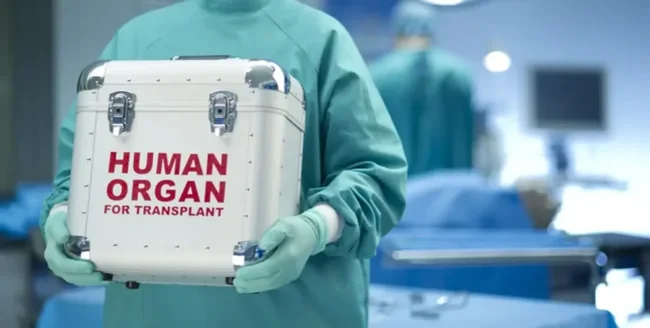
In search of a solution to the acute shortage of human organs for transplantation and research, scientists are looking for unusual solutions that can overturn conventional wisdom and moral standards. In their recent scientific paper, they discussed the concept of creating "bodioids" - lab-grown human bodies created from pluripotent stem cells. These creatures will be engineered to be unaware and unable to feel pain, the study promises, Popular Mechanics reports.
Pluripotent stem cells have the amazing ability to differentiate into any type of human cell. Advances in stem cell research have allowed scientists to mimic the early stages of human embryonic development, while advances in artificial womb technology have expanded the possibilities for developing human tissue outside the body, according to their discussion in MIT Technology Review. 
By using genetic techniques to suppress brain development, the researchers suggest that these "bodioids" could serve as a renewable source of organs and tissues without the ethical concerns associated with conscious living beings.
The ethical issues surrounding the creation of such creatures are complex. While the prospect of creating human bodies without consciousness may seem terrifying to many, proponents argue that the potential medical benefits merit serious consideration.
The authors acknowledge that the concept may be uncomfortable for many people, but they emphasize the importance of finding innovative solutions to alleviate the human suffering that those in need of organ donors endure.
This approach is consistent with ongoing research into organoids—miniature, simplified versions of artificially created organs that mimic key functional and structural aspects of real organs. 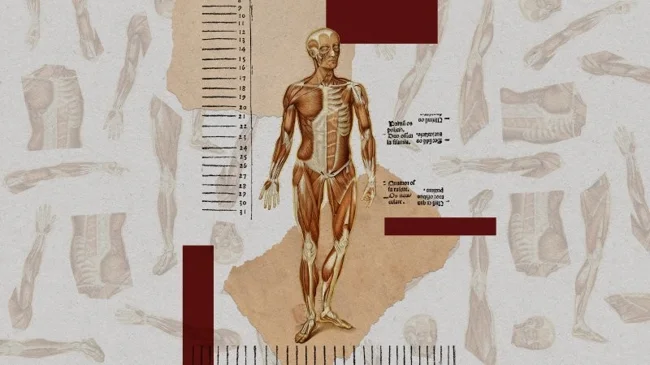
Organoids play an important role in studying disease development, progression, and drug response, offering previously unattainable insights. The creation of “bodyoids” could be a significant leap forward, providing more complete models for medical research and potential therapeutic applications.
As science advances, the dialogue around the creation and use of such donor bodies must evolve in parallel, scientists say. Thoughtful discussion of the ethical, social, and scientific implications of this technology is necessary to navigate the challenges and opportunities it presents. The potential for such innovations to revolutionize medicine highlights the importance of balancing scientific progress with ethical responsibility.


